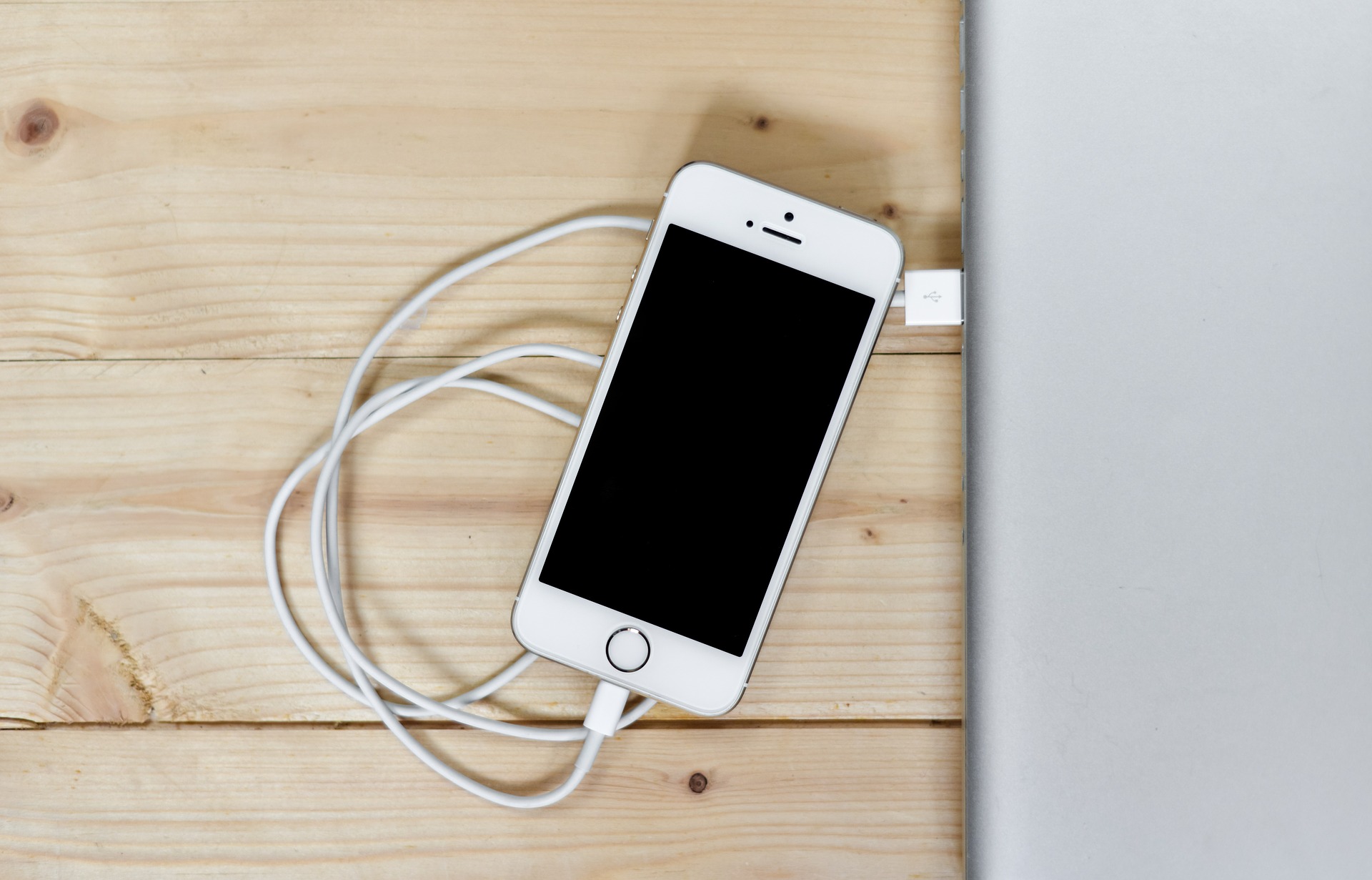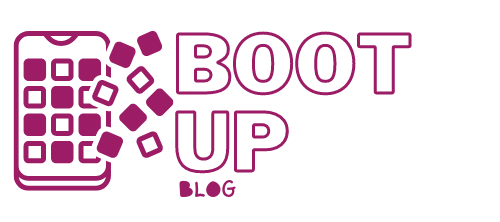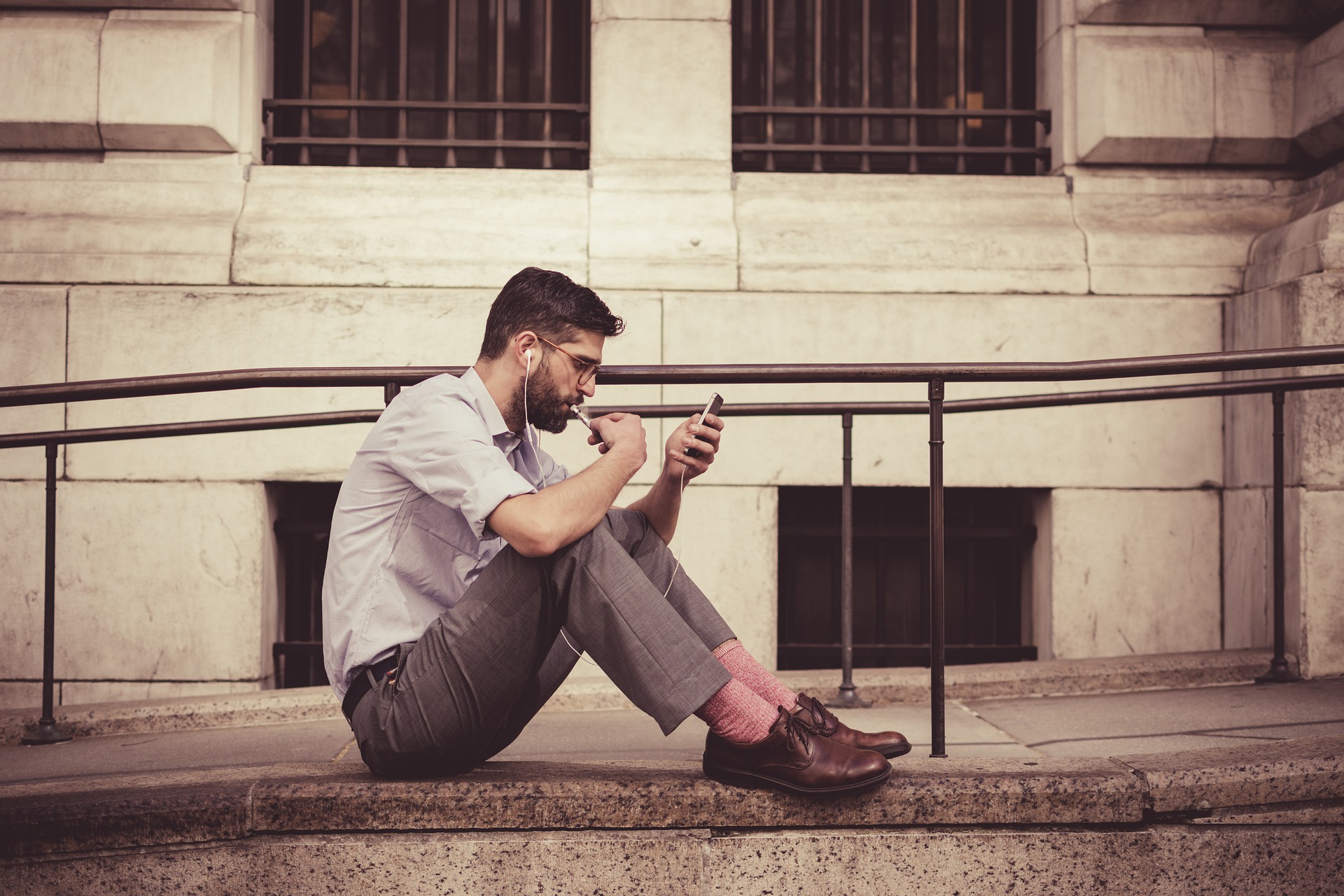Let’s be honest for one minute, show of hands how many of us are guilty of staying on our phones far too long every day. I, for once, am guilty of this, and I even have an app on my phone that tells me the number of hours I spend on my phone each week. At this point, it’s a bit of an addiction that I am trying to amend, and I think most of us are trying to be better with our dependence on our phones. Having said this, there are still a lot of myths and fallacies surrounding smartphones out there. Worry not because we are here to debunk some of the most common myths about your daily companion, the smartphone.
#Myth 1- Charging your battery over might can ruin your battery

Well, this was true a couple of years ago, but this is an actual fallacy. However, with the advancement of technology, our phones are now so intelligent that they automatically stop charging when they reach their charging capacities. A few years ago, overcharging your phones might have been a real issue, but this is no longer the case as long as you use the charger that came along with the phone. If you use the original charge, even if you leave your phone to charge overnight, there won’t be an issue, now if you are using a fast charger, then that’s a different issue of its own. It is good to remember that your battery is always in decay and that no battery will last forever.
2. 4G uses more data than 3G

It is a popular myth that 4G uses more data than 3G, and I have seen this circulate around a lot, and even my aunts posted about it on Facebook. We all know that 4G is faster than its older counterpart but does it use more data than it too? Well, let’s look at the term data first, so data refers to the amount of information that flows from and between your device and the internet. Let’s use an example to simplify this, if you are downloading a picture that is 5.5MB, it will be faster with the 4G than 3G, but both will consume the same amount of data which is 5.5 MB, the size of the thing you are downloading. This is also the case with 5G; it only means you are getting the stuff faster and doesn’t mean that it uses more data to give you the same result. So, this means it only affects the speed at which you access the internet and download stuff faster and doesn’t mean they need more data to function.
3. Automatic brightness setting saves more power

Well, this one sounds like a genuine thing because the logic behind it actually makes sense. When your screen is less illuminated, it uses less power, and the device adapts to the lighting of your current locations. In all actuality and in talks makes a lot of sense, and even I had my phone on the automatic brightness for a while. But, this is also a myth, and there are two main reasons behind this:
-
- It’s not always true that the automatic brightness will lower the illuminations; it is something that we were made to believe but isn’t always the case. If you spend a lot of time in a well-lit environment, it will automatically increase the brightness and will use more battery to be able to do this.
-
- Even in dark areas, the level that brightness that the phone automates too may be much more than what you would actually need to see clearly. Automatic brightness also eats up more energy than battery saver mode or if you deem the phone to your needs.
I say this all the time, don’t believe everything you see or read on the internet. Sound off in the comments section below and tell us if you want to read part 2 of the common myth surrounding smartphones.


One reply on “Common Myths about Smartphones (Part 1)”
[…] you want to read more about smartphones and see us demystify some other myths, then go ahead and click here to read part one. Sound off in the comments section below and tell us some of the myths on […]